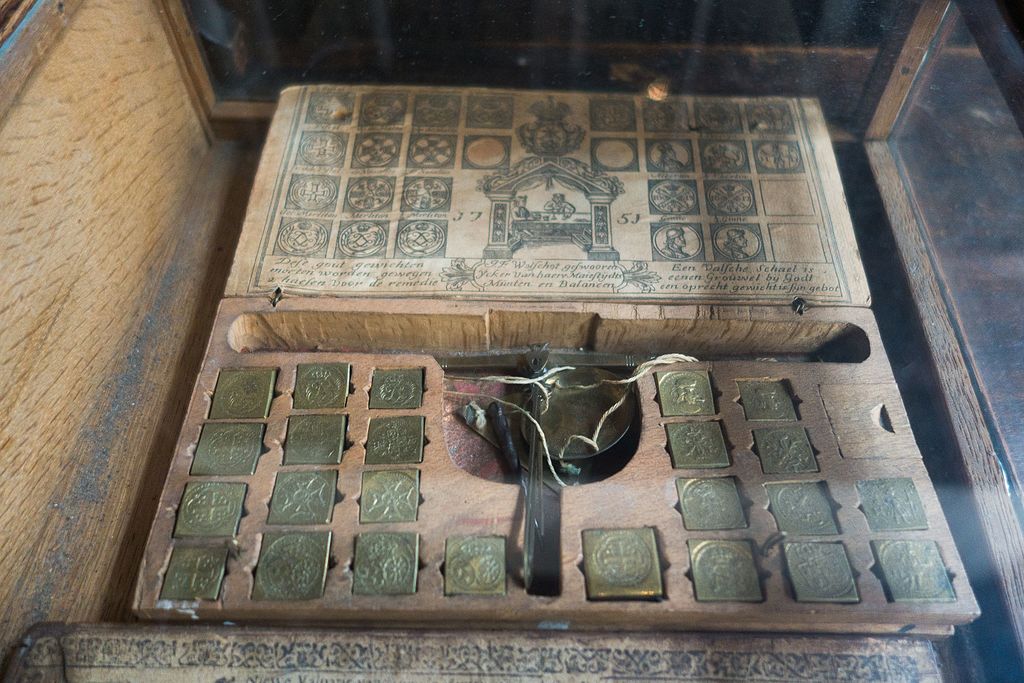
In the latter half of 2023, the Wikimedia Foundation’s Committee Support team and Community Resilience and Sustainability Communication team thought it would be a great idea to highlight some of the committee work happening in the movement, especially as the appointment round and applications opened for various committees. Read about the Ombuds Commission, the Affiliations Committee and the Case Review Committee. These written pieces were created in collaboration with long-time Wikimedians and community leaders and published on Diff to reach a larger audience.
One group of committees left out of this initiative was ArbComs. In December 2023, invitations to participate in a blog series were sent to the ArbComs in the movement. Thank you to each ArbCom’s membership for taking the time to respond. This Diff post is the first in a series and focuses on the Ukrainian community ArbCom.
What are ArbCom responsibilities in your local community?
The main responsibility of ArbCom in our local community is to resolve the conflict between editors of Wikipedia that wasn’t resolved by any other possible methods. Also, ArbCom can give or remove CheckUser and Oversight permissions.
What was the process for developing an ArbCom and why did the community say they needed an ArbCom?
According to archives, it was around 2007 when Ukrainian Wikipedia had major conflicts between administrators, so some users started to question the need for a higher independent institution to resolve some conflicts. In general, the process of developing an ArbCom was a discussion and creation of the rules about different aspects of ArbCom, such as election, arbitration proceedings, etc. based on the best practices of other communities’ ArbCom.
What are the challenges for ArbComs or a sitting ArbCom member?
Sides of conflicts may never be fully satisfied with ArbComs’ decisions, so they may believe that their issues have not been adequately resolved thereby leading them to look for other ways to resolve the issues or provoke new conflicts.
What do you want to share about your experience as an Arbcom?
Being a member of ArbCom can help a person analyze conflicts, look at them from an independent point-of-view, or be quiet during conflicts. So, I want to say that someone being a member of ArbCom can get a unique experience that could help outside of Wikipedian life.
How has an ArbCom shaped your community?
After analyzing around 100 cases of our ArbCom it can be said that there are three major points in which ArbCom shaped our community. First, it helped to resolve ambiguous and conflicted problems and implement mechanisms to penalize violators. Second, it refined already active rules or recommended approving or developing new ones (e.g. Sockpuppetry in case #25). Third, it formed a group of users with special permissions (CheckUser and Oversight).
How do you feel you will connect with the UCoC in your community?
I feel that UCoC, in general, has some good points that ArbCom will take into account during its proceedings with cases. Also, ArbCom will cooperate with U4C if there are cases that involve our ArbCom.
If you are part of an arbitration committee and would like to share more about your ArbCom, please write to Jackie Koerner to get started.

Can you help us translate this article?
In order for this article to reach as many people as possible we would like your help. Can you translate this article to get the message out?
Start translation